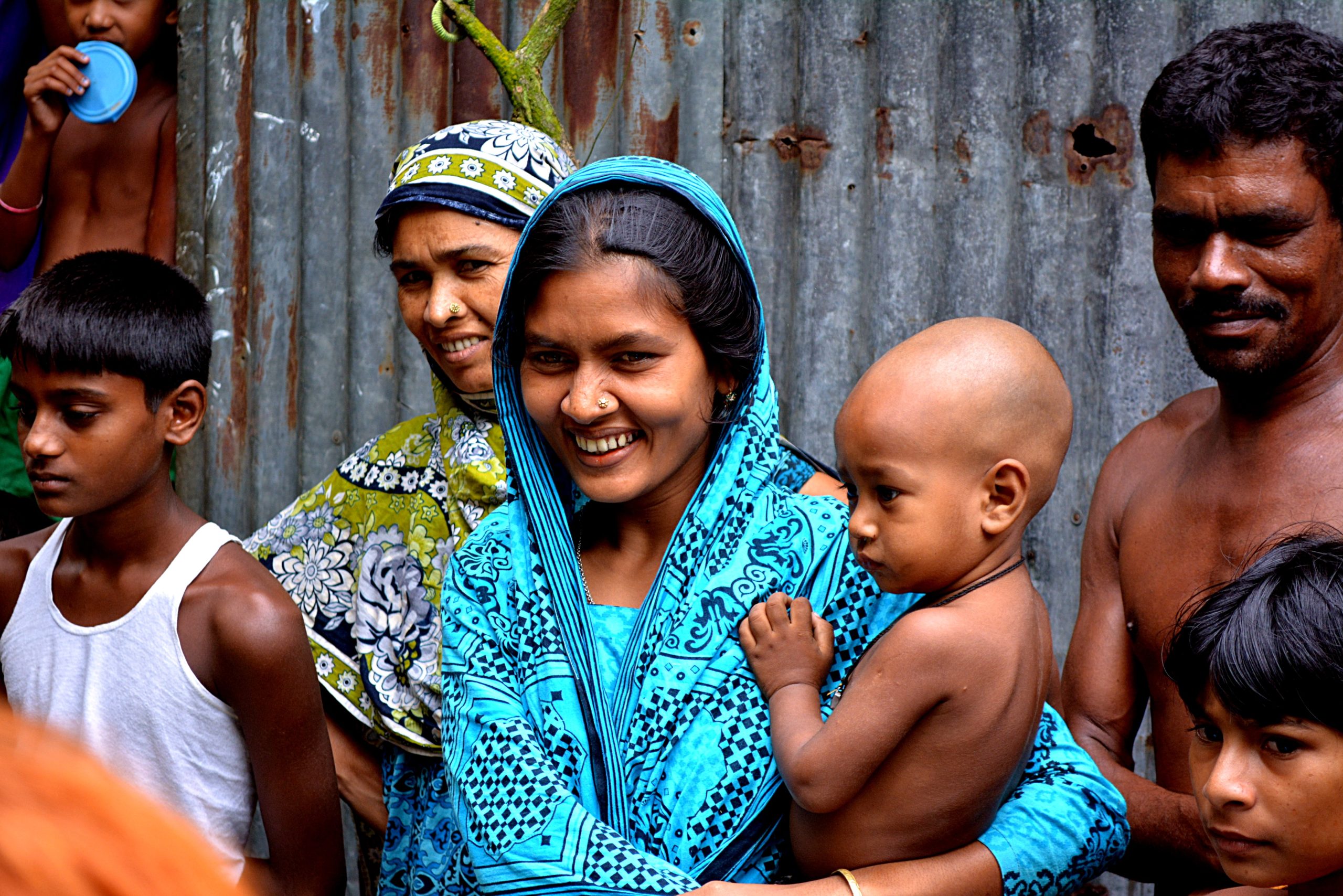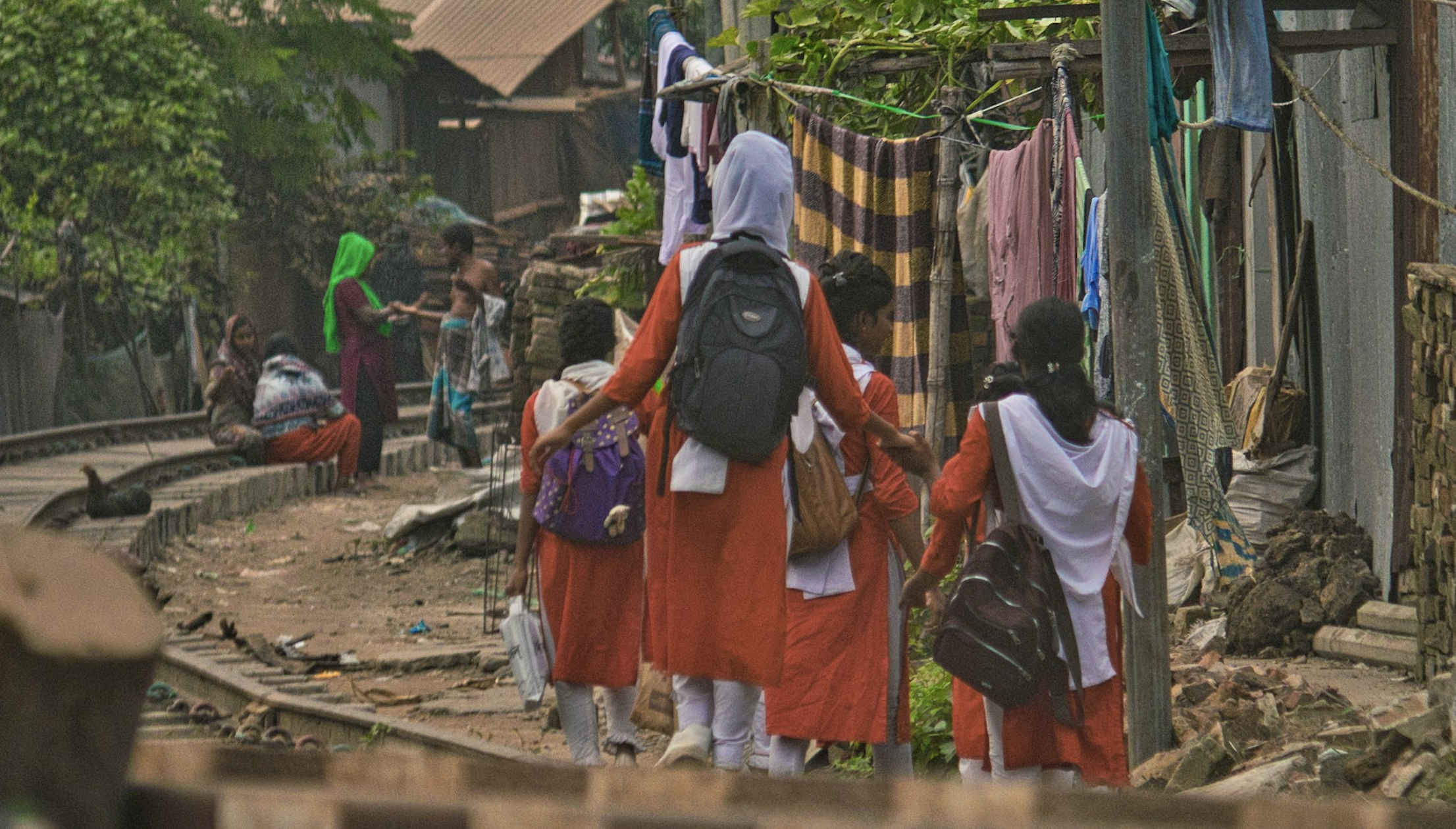The health financing system in Bangladesh is underfunded, forcing the households to incur OOPE to avail health care services. As a result, around 16% households incurred financial catastrophe in 2011, 5% non-poor households became poor, and 7% of Bangladeshi households experienced distress financing such as borrowing money, loan or sell assets to cope up with unpredictable OOP payments. This study estimates the prevalence and determinants of foregone health care due to availability, accessibility and acceptability reasons (Tanahashi model) using multilevel modelling of Household Income and Expenditure Survey (HIES) data 2016-17.
The findings suggested that 1 in 4 Bangladeshis incurred financial catastrophe and 14% population had forgone healthcare for any reason. Individuals having a chronic illness and having higher economic status are the common determinants of OOP payments, CHE and forgone healthcare. The highest incidence of CHE was found among individuals who utilized inpatient care (public hospital (56%) and private hospital/clinic (70%)), followed by individuals having a chronic illness (33%), aged 65 years or more (34%), and belonging to wealthy socioeconomic condition (33%). The reasons for foregone care were: the problem was not serious (58%), cost (17%), none to accompany (5%), distance (3%), and afraid of discovering serious illness (3%).
The study highlights that persons in lower income groups, the elderly, and people with chronic diseases were at greater risk of forgoing treatment due to cost. The excessive financial burden often makes families modify their health service utilization pattern. Those who suffer from multiple chronic diseases consequently face worsening health conditions requiring vastly expensive treatments.



